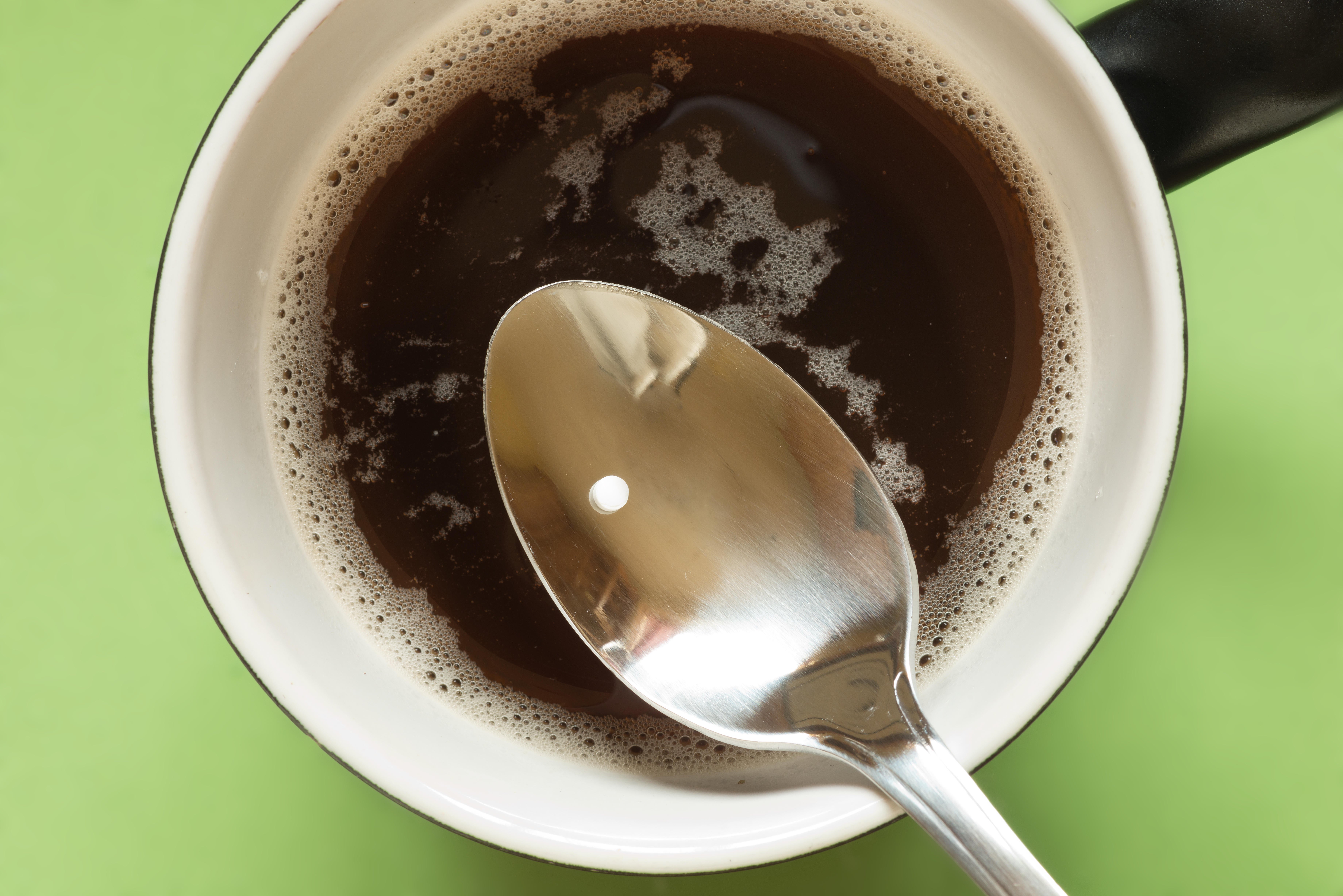Sweeteners linked to heart disease in new study
Artificial sweeteners are regularly used in drinks, some snacks and ready meals

Researchers have identified a possible link between artificial sweeteners and heart disease in a new study, revealing that food additives “should not be considered a healthy and safe alternative to sugar”.
The study – which was published in The BMJ – examined information on more than 100,000 adults from France.
The authors, led by experts from the Sorbonne Paris Nord University, examined participants’ intake of sweeteners from all dietary sources and compared it to their risk of heart or circulatory diseases.
The participants had an average age of 42, and four out of five were female.
Researchers tracked sweetener intake using their diet records where they noted down everything they ate, including which brand was used, for 24 hours, with the diet diary repeated three times at six-month intervals – twice on weekdays and once on a weekend.
According to the results, 37 per cent of participants consumed artificial sweeteners.
During an average follow-up period of nine years, 1,502 cardiovascular events were recorded by participants which included heart attacks, stokes, transient ischemic attacks (also known as mini strokes) and angina – chest pain linked to poor blood flow to heart muscles.
Researchers found that artificial sweetener consumption was linked to a nine per cent higher risk of heart disease.
Additionally, when they looked specifically at each type of illness they found artificial sweetener consumption was linked to an 18 per cent higher risk of cerebrovascular disease – conditions that affect the blood flow to the brain.
A specific type of sweetener – aspartame – was associated with a 17 per cent increased risk of cerebrovascular events, while acesulfame potassium and sucralose were associated with increased coronary heart disease risk.
“In this large-scale, prospective cohort of French adults, artificial sweeteners (especially aspartame, acesulfame potassium and sucralose) were associated with increased risk of cardiovascular, cerebrovascular and coronary heart diseases,” the authors wrote. “The results suggest that artificial sweeteners might represent a modifiable risk factor for cardiovascular disease prevention.
“The findings indicate that these food additives, consumed daily by millions of people and present in thousands of foods and beverages, should not be considered a healthy and safe alternative to sugar, in line with the current position of several health agencies.”
Commenting on the study, Tracy Parker, senior dietitian at the British Heart Foundation (BHF), said: “Observational studies like these can only show an association, and more research is needed to understand the links between artificial sweeteners and the risk of developing heart and circulatory diseases.
“Most adults in the UK eat too much sugar, and this is linked to health problems such as obesity and tooth decay.
“Artificial sweeteners are an attractive way to reduce sugar intake and before they can be added to food in Europe, the European Food Safety Agency (EFSA) has to approve their use. This is a rigorous process, so you can feel confident they are safe to eat.
“While these findings shouldn’t cause undue concern, it’s always a good idea to look at the amount of sugar and sweeteners in your diet. Try to swap fizzy drinks for water and increase your intake of heart healthy foods, like lentils, nuts and seeds, as well as fruit, vegetables and wholegrains.”
Additional reporting from PA



Bookmark popover
Removed from bookmarks